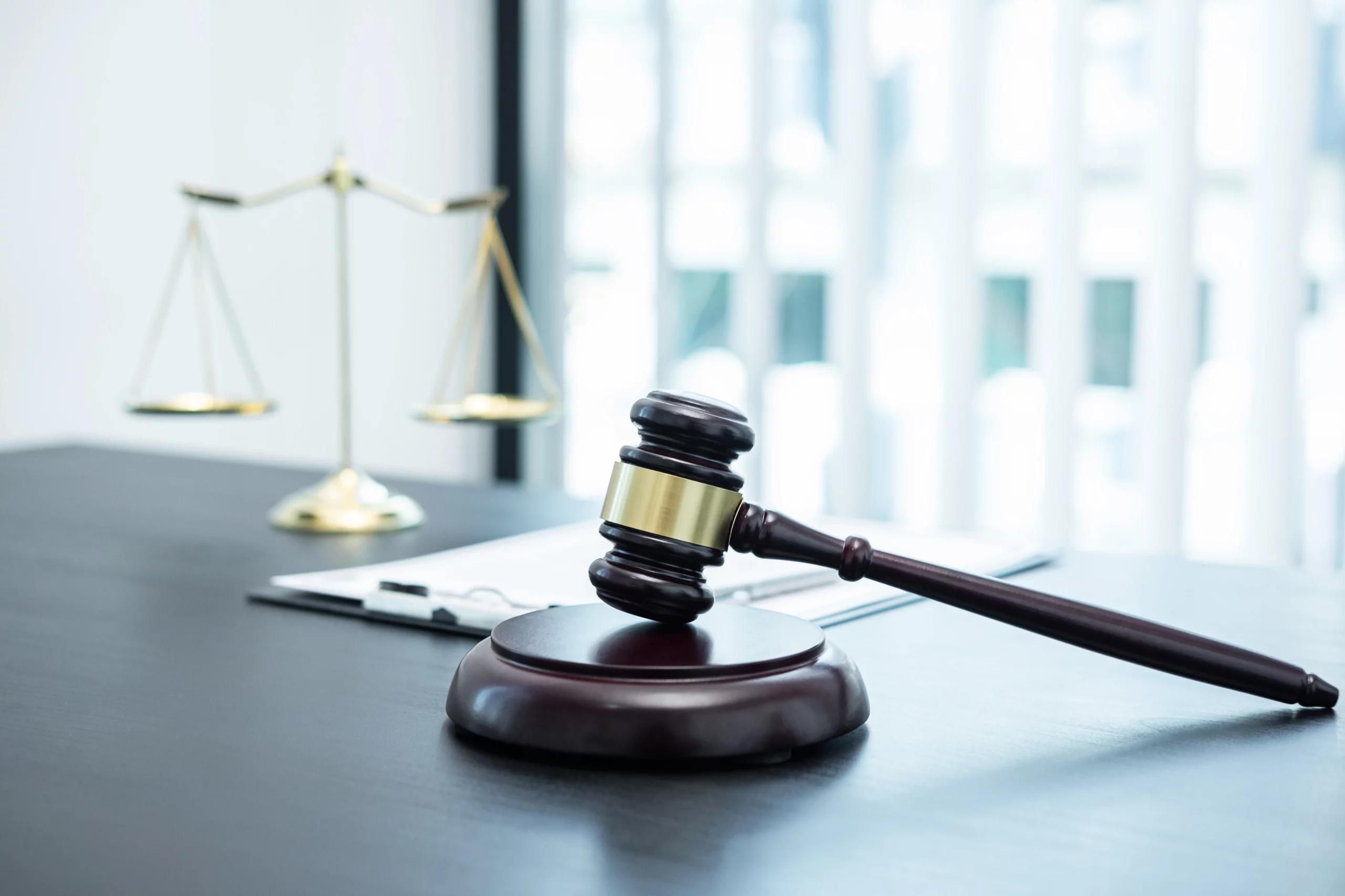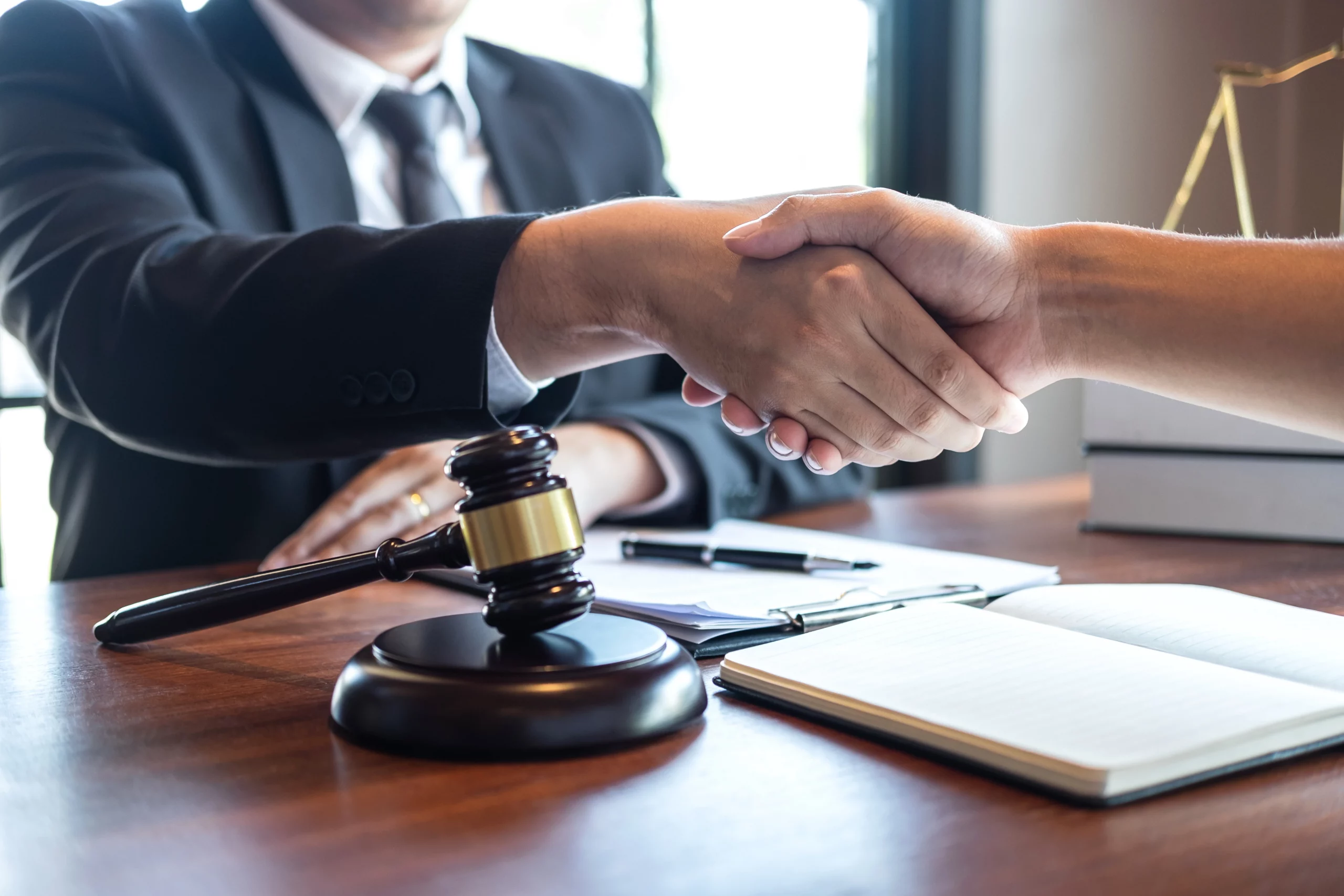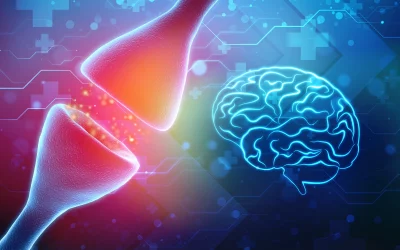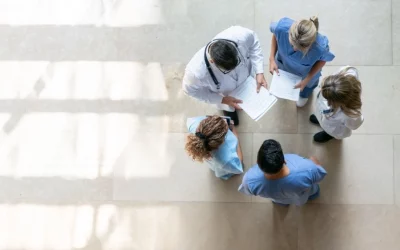FOLLOWING A CONCUSSION: WHAT TO DO
This is what you should do after a concussion from a car accident, especially a serious car accident. You should take these steps even if you did not lose consciousness as that is not a requirement to be diagnosed with a concussion.
Lacerations, puncture wounds, and bruises are just a few of the injuries that may be seen with the naked eye following an accident. Concussions, for example, are not only apparent but also harmful. Whether you’ve been hit in the head, get medical help right once and contact a personal injury lawyer to discover if you’re eligible for compensation.
WHAT IS A CONCUSSION AND HOW DOES IT HAPPEN?
Our skulls quite well protect our brains. Furthermore, the spinal fluid that surrounds the brain serves as a cushion, preventing the brain from smashing against the interior of your skull.
However, if you take a hit to the head, it may cause your brain to tremble. If the shaking is extreme enough, your brain may collide with the hard inner shell of your skull, resulting in a concussion. You could black out in severe situations, but you don’t have to pass out to have a concussion.
WHAT ARE THE SYMPTOMS OF A CONCUSSION?
It’s not always simple to detect whether you’ve had a concussion since not every hit to the head will result in one. Common symptoms, on the other hand, should prompt you to look into it further:
Worsening headaches Nausea and vomiting Dizziness
Blurred vision Light sensitivity
Concussion patients may have difficulty thinking correctly or recalling facts and details. Their sleep may also be disrupted, causing them to get enraged or depressed rapidly. Only a skilled physician can determine if you have experienced a concussion, so see a doctor or go to the emergency department as soon as possible.
WHAT SHOULD YOU DO IF YOU HAVE A CONCUSSION OR TRAUMATIC BRAIN INJURY RIGHT AWAY?
If a loved one receives a hit to the head, act quickly to stabilize them. You should take your loved one to the hospital as soon as possible if this is not the case. You’re usually better off phoning emergency services after a severe accident (like a car collision), so they can come out and make sure you don’t do any more injury while being transported to the hospital.
A doctor will check your medical history and the specifics of the accident when you arrive at the hospital (if you remember them). Tell your doctor if you’ve ever had a head injury or are using blood-thinning medication, since both of these factors increase your chance of problems.
The doctor will ask you questions regarding the injury as part of the diagnostic, testing your ability to recall information and concentrate. A doctor may also order neuropsychological tests or a CT scan to examine a brain imaging.
Answer your doctor’s inquiries honestly during the diagnosis so that he or she can make an accurate appraisal of the problem.
AFTER A CONCUSSION, IT’S CRITICAL TO GET SOME REST.
Some concussions heal in seven to ten days, while others take longer to completely recover.
You must not hurry your recovery. If you’re doing anything intense, slow down as soon as you start to feel dizzy or sick. Rest is the most effective technique to treat your condition, so relax until you feel better. Your doctor may also advise you to take the following medications:
- Get enough sleep at night to feel refreshed
- Avoid emotionally taxing activities or those that need great attention Stop drinking or using illicit substances
- Don’t play video games Stay at home if feasible
- Apply a cold or ice pack to any swelling
Rest is especially critical to prevent a second concussion from occurring shortly after the first, resulting in more severe brain injury. In all cases, carefully follow your doctor’s instructions and contact him or her if your symptoms do not improve. Your doctor may require additional testing to determine if your condition is worse than previously thought.
BE ON THE LOOKOUT FOR WORSENING CONCUSSION SYMPTOMS.
Not all concussions are mild. You might get a more serious traumatic brain damage in a terrible accident, for example. The symptoms are similar to a mild concussion, but they do not improve with time or rest. People with more substantial traumatic brain injuries, on the other hand, have long-term issues with mobility, speech, and learning.
Severe brain trauma will need more rigorous treatment and rehabilitation. For example, you may need to see a speech therapist to regain your ability to communicate. A counsellor can assist you in coping with your feelings. Chronic pain, anxiety, sleep difficulties, and headaches may all need medicine.
Occupational therapy is often required for victims of severe brain damage for them to return to work and care for themselves.
CONCUSSION COMPLICATIONS OF A TBI
If someone who has had a concussion fails to treat their ailment seriously, they may be at a higher risk of developing a concussion complication. Concussions and other traumatic brain injuries are exceedingly dangerous, regardless of how minor or severe the impact is.
Our brain is extraordinarily intricate and sensitive, making it especially vulnerable to damage. A concussion may just be the beginning of a more significant danger to your brain’s health, either as a result of neglecting to seek medical help or as a result of another brain damage.
POST-CONCUSSION SYNDROME (PCS) IS A CONDITION THAT OCCURS AFTER A CON
The majority of concussion symptoms will go away on their own over time if someone takes efforts to relax and manage their condition. If they don’t, their symptoms may linger long after they should have recovered completely.
Post-concussion syndrome is the medical term for this. When a concussion is not treated, symptoms such as headaches, dizziness, difficulty of attention, and other cognitive glitches may remain and, in some circumstances, worsen.
AFTER A CONCUSSION, YOU MAY HAVE POST-TRAUMATIC VERTIGO.
When a person has experienced a concussion, they may feel dizziness when they put their head in a specific posture, have a headache, or even blow their nose. The ear is frequently blamed for post- concussion dizziness. Following a head injury, scarring of the ear’s drainage passages may cause fluid to build up and induce dizziness.
A POST-CONCUSSION RISK: SECOND IMPACT SYNDROME
Second impact syndrome is one of the most severe types of concussion sequelae and may be pretty harmful. Second impact syndrome occurs when a person has a second concussion after a previous trauma that has not entirely healed.
It should go without saying that two concussions or brain injuries of any type that occur within a short period are detrimental to your health. Second impact syndrome causes the brain to enlarge quickly, which may soon result in death. Because the brain is in such a damaged condition after the first concussion, it may trigger a range of additional problems.
AFTER A CONCUSSION, THE RISK OF DEVELOPING DEGENERATIVE BRAIN DISEASE INCREASES.
After sustaining a concussion, a person’s chance of developing a variety of degenerative brain illnesses increases. Chronic traumatic encephalopathy, or CTE, is one of these diseases. It is seen in persons who work in vocations that expose them to repetitive head trauma, such as sports. As a protein called tau builds up in the brain, this illness causes slow damage and loss of brain cells.
AFTER A CONCUSSION, THINK ABOUT TAKING LEGAL ACTION.
Your concussion may have been caused by someone else’s carelessness, either by creating a risky situation or by purposely inflicting the trauma. Depending on the circumstances, you may be able to sue
the person responsible for your injuries and get monetary compensation. People may sustain injuries in the following ways, for example:
- Someone punches you on purpose, such as in a bar brawl. Your car is rear-ended by accident.
- You trip and fall on a slick surface.
- You trip over something else, such as a crack in the floor or sidewalk, a loose step, or anything else.
- You are hurt at work when a piece of equipment or cargo crashes into your skull.
If your case is successful, you may be able to get reimbursement for medical expenses such as hospital bills and prescription medication costs. You might be compensated for lost earnings as well as pain and suffering.
Only a trained attorney can analyze the facts surrounding your concussion to determine who is to blame and how much compensation you are likely to obtain.
CONTACT A PERSONAL INJURY LAWYER IN COLORADO SPRINGS, COLORADO.
Concussion patients should take their rehabilitation carefully since the brain is very delicate. If you were injured due to no fault of your own, seek compensation to help you get back on your feet.
We battle for accident victims Warrior Car Accident Lawyers, to receive the compensation they deserve. Fill out our online contact form or call us at 719-300-1100. Free consultations are available.












